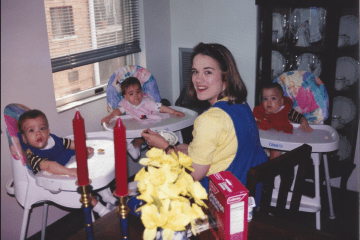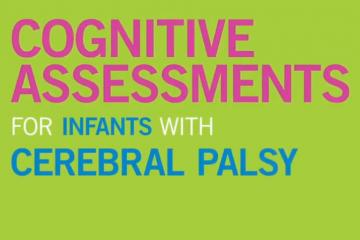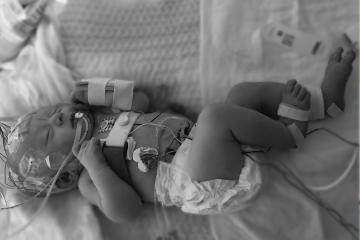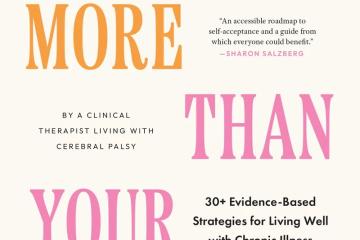What Does a Diagnosis of Cerebral Palsy Mean?
A parent knows their baby best and they see them grow and they can tell when something doesn't feel right under their hands, as they bathe their baby for example. When their baby's not looking at them, when their baby's just not moving right. I can tell you how a parent might feel very well.
You feel shock, but not really because you kind of knew something was wrong. You feel scared of the word cerebral palsy. You immediately think, "So what am I going to do about this and what does it mean for my child as an adult?" I think parents would like to see a continuous change, a development that happens the way other children's development does. But in babies with cerebral palsy, it's more of a saltatory progress. There are long periods where we try and try and try to help them. And it's sort of a plateau, nothing happens.
And then, one day the child gets that new milestone. It's not a progress that's constant, it's a progress that's hard won, but it happens. When your child has a diagnosis of cerebral palsy for the first time, it is the end of typical dreams, but that's okay. There will be new dreams being built. And those dreams will be just as wonderful and maybe they won't be typical, but they will be wonderful. I'm a researcher, I'm a physician and I'm a parent of a child with cerebral palsy. That's how I know.
"So what am I going to do about this and what does it mean for my child as an adult?"







